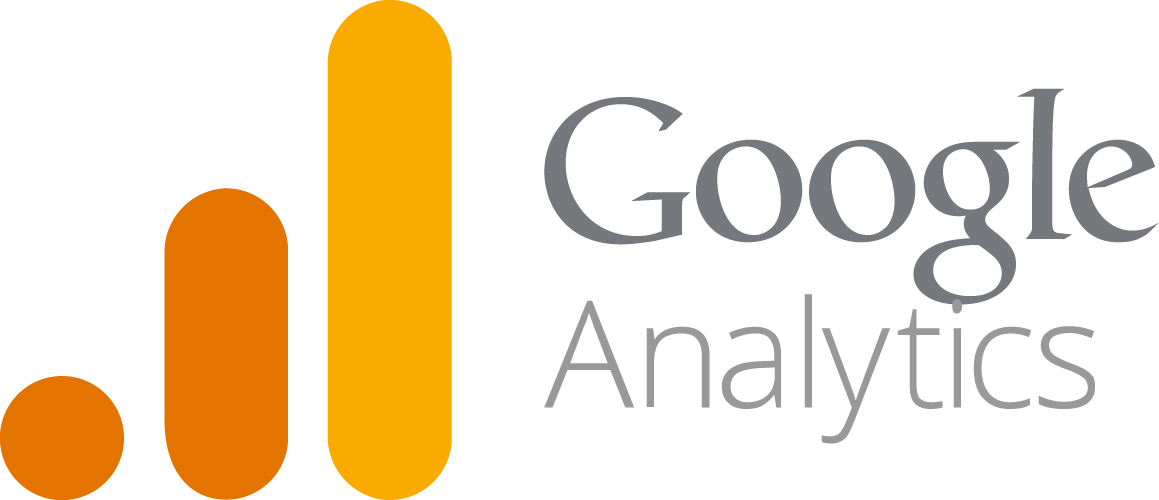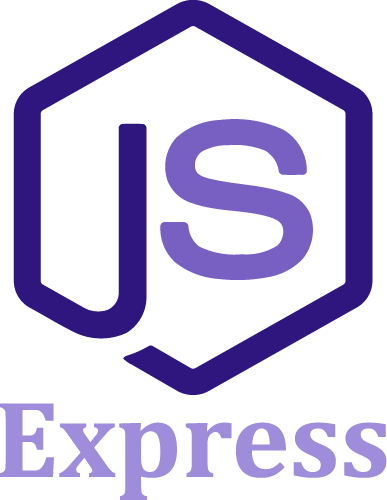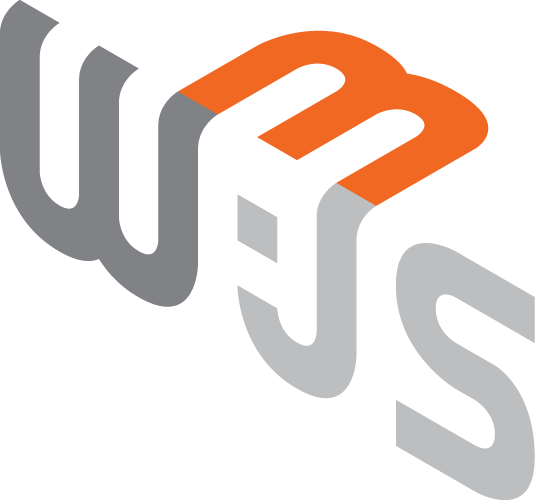Fashion Industry
Improving the value of fashion
We provide custom software and hardware solutions, e-commerce websites, and data analytics, that help fashion businesses streamline their operations, and increase efficiency. Tech has impacted every area of fashion, from automation to customization and manufacturing, design, distribution, and marketing. Robots cutting fabric, AI forecasting trends and virtual clothing try-ons may soon become commonplace
Benefits of our solution
The digital era has the potential to revolutionize the fashion industry, from manufacturers to retailers, increasing efficiency and boosting productivity.
IT Solutions for the Fashion Industry
The IT industry offers several solutions that can help address the challenges faced by the fashion industry:
Inventory Management Systems
Supply Chain Management Software:
Customer Relationship Management (CRM) Systems
E-commerce Platforms
Predictive Analytics
Data Security and Privacy Measures
IT solutions can help the fashion industry address inefficiencies, improve decision-making, enhance customer experiences, and stay competitive.
If you are looking for a warehouse inventory management software service, you have come to the right place. We are a leading provider of warehouse inventory management software that can help you track, organize, and optimize your inventory throughout your warehouse and business.
Our software can help you to:
- Gain visibility into your entire inventory and supply chain fulfillment operations
- Coordinate and optimize your resource usage and material flows
- Improve your inventory turnover rate and accuracy
- Organize your warehouse and storage space
- Integrate with your sales and shipping systems
- Reduce your costs and increase your productivity
Services
Provide Quality Services.

Inventory Management Systems
Inventory management systems help businesses efficiently track, organize, and control their stock levels, ensuring optimal inventory levels and reducing stockouts.

Supply Chain Management Software
Supply chain management software streamlines and automates the processes involved in managing the flow of goods, information, and resources within a supply chain network.

Customer Relationship Management (CRM) systems
Customer Relationship Management (CRM) systems help businesses effectively manage and analyze customer interactions, improve sales, and enhance overall customer satisfaction.

E-commerce
E-commerce has revolutionized the way people shop, allowing them to conveniently purchase products and services online from anywhere.

Data Security And Privacy Measures
Data security and privacy measures are crucial safeguards implemented to protect sensitive information from unauthorized access or misuse.
Related Industry
Delivering Quality Services for Your Business Needs.
Design
Manufacturing
Retail
Fashion consulting
Fashion marketing
Our Work
Real-Life Examples of Our Services.
Tech Stack
We use these technologies for seamless experiences
Testimonials
Our Happy Customers Share Their Experiences
Tell us about your thought, and we’ll offer you the best & most suitable technological solution










































